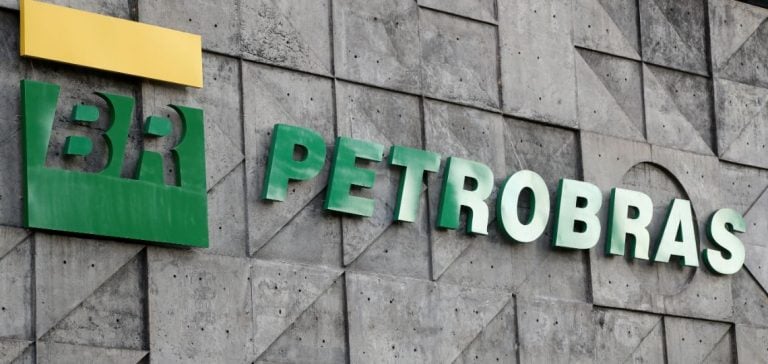Gevo, Inc. and Calumet’s Montana Renewables subsidiary have recently secured loans from the United States Department of Energy (DOE) to support their sustainable aviation fuel (SAF) production initiatives. These financings aim to accelerate the construction and expansion of large-scale SAF production facilities, aligned with the aviation sector’s carbon emission reduction goals.
DOE Loan Objectives and Commitments
The DOE specified that these conditional financial commitments are part of the “SAF Grand Challenge” initiative. This initiative aims to decarbonize the aviation industry by increasing the production of lifecycle emissions-reduced fuel by at least 50% compared to traditional petroleum-derived aviation fuel. The aviation sector accounts for 11% of the U.S. transportation sector’s emissions and 3.3% of the country’s total emissions.
The loans granted to Gevo and Montana Renewables are part of the Biden-Harris administration’s strategy to achieve an annual production of 3 billion gallons of SAF by 2030 and 35 billion gallons by 2050. These projects represent low-carbon alternatives to traditional fuels, focusing on “drop-in” fuels derived from renewable feedstocks.
Gevo’s Net-Zero 1 Project
Gevo secured a conditional financing of $1.46 billion from the DOE for its Net-Zero 1 project located in Lake Preston, South Dakota. This project aims to produce approximately 60 million gallons of SAF per year using 100% U.S.-sourced feedstocks. Net-Zero 1 will be the first large-scale corn starch-to-jet fuel project in the United States to receive a loan from the DOE’s Loan Programs Office (LPO).
The project aims to achieve a net-zero carbon footprint through the use of renewable energy and carbon capture technologies, making the produced fuel not only carbon neutral but potentially carbon negative. Once operational at full capacity, Net-Zero 1 is expected to more than double the total SAF production in the United States in 2023, while also producing renewable diesel and renewable naphtha.
Montana Renewables’ Expansion with MaxSAF
Similarly, Montana Renewables received a $1.44 billion loan guarantee to develop the next phase of its planned MaxSAF facility in Great Falls, Montana. This project is set to increase Montana Renewables’ production capacity to 300 million gallons by 2026, positioning the company among the largest SAF producers in the world.
Unlike Net-Zero 1, the MaxSAF facility will produce SAF from vegetable oils, fats, and greases. According to the DOE, once at full capacity, MaxSAF will represent 10% of the “SAF Grand Challenge” goal of 3 billion annual gallons by 2030. In September, Montana Renewables made the first-ever SAF delivery to Minneapolis airport, supplying Delta Air Lines’ first SAF-fueled flight at New York’s LaGuardia Airport in honor of NYC Climate Week.
Conditions and Future Prospects
Both projects must meet various technical, legal, environmental, and financial conditions before the DOE will finalize and fully fund the loans. Gevo expects to close the deal by 2025 and has already engaged Summit Carbon Solutions LLC to transport the plant’s CO₂ emissions to a permanent storage site in North Dakota. However, Summit has yet to secure all necessary permits for its five-state CO₂ pipeline.
Montana Renewables, on the other hand, aims to align its expansion with strategic national interests in low-emission sustainable alternatives. The expansion of MaxSAF is expected not only to replace fossil fuels but also to contribute to regional economic development by producing more renewable hydrogen and electricity.
These initiatives are part of a global energy transition dynamic aimed at reducing the aviation sector’s carbon footprint while stimulating innovation and local production of sustainable fuels.






















